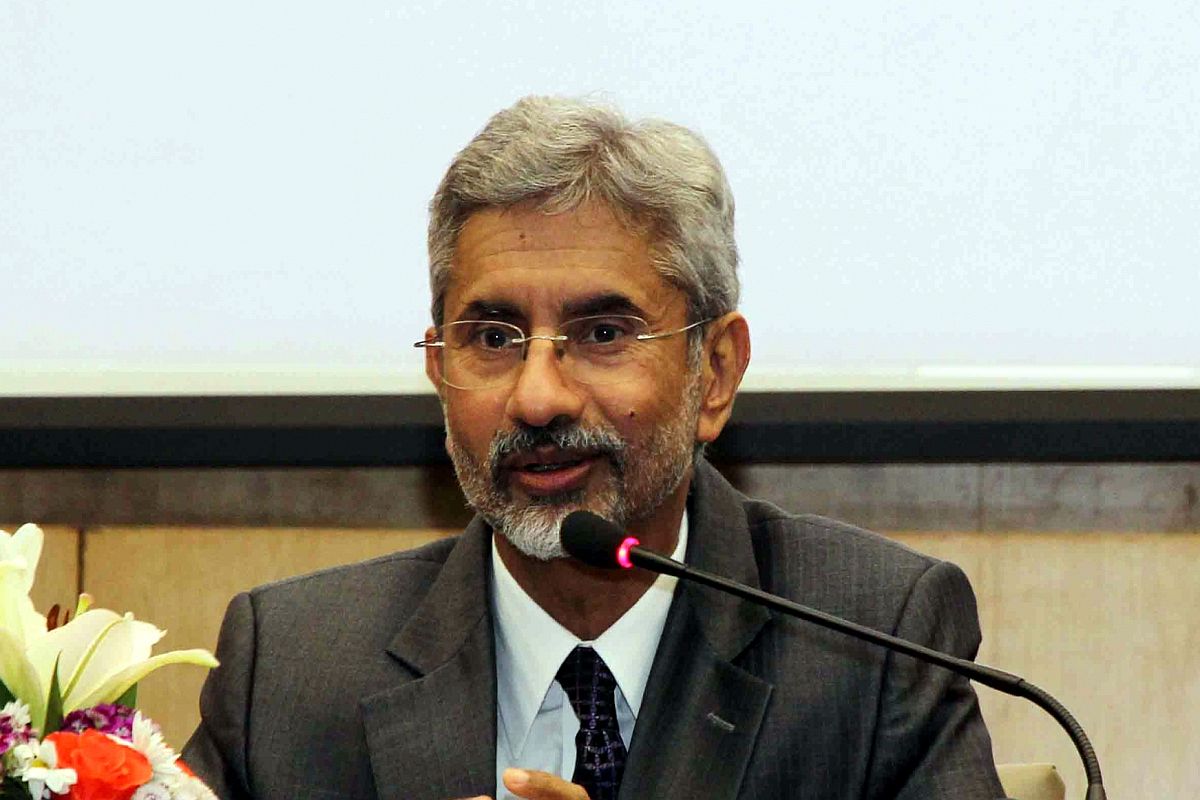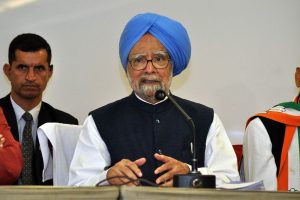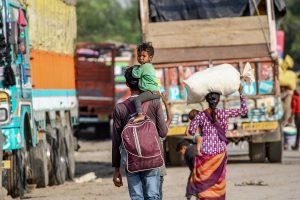External Affairs Minister S Jaishankar said on Saturday , “No country in the world says everybody is welcome,” hitting out at those criticising India over the Citizenship Amendment Act (CAA).
“Everybody, when they look at citizenship, have a context and has a criterion. Show me a country in the world which says everybody in the world is welcome. Nobody says that,” Jaishankar said.
Advertisement
While speaking at the ET Global Business Summit Jaishankar said, “We have tried to reduce the number of stateless people through this legislation. That should be appreciated,” when asked about the CAA.
“We have done it in a way that we do not create a bigger problem for ourselves,” he added.
According to the Citizenship Act passed by Parliament in December 2019, members of Hindu, Sikh, Buddhist, Jain, Parsi and Christian communities who have come from Pakistan, Bangladesh and Afghanistan till December 31, 2014, and facing religious persecution there will not be treated as illegal immigrants but given Indian citizenship.
Taking on the United Nations Human Rights Council (UNHRC) for its criticism on the situation in Jammu and Kashmir, the Foreign Minister said its director had been wrong previously too and one should look at the UN body’s past record on handling the Kashmir issue.
Asked about the UNHRC director not agreeing with India on the Kashmir issue, Jaishankar said, “UNHRC director has been wrong before.
“UNHRC skirts around cross-border terrorism as if it has nothing to do with country next door. Please understand where they are coming from; look at UNHRC’s record how they handled Kashmir issue in past,” he added.
New Delhi abrogated provisions of Article 370 of the Constitution to withdraw Jammu and Kashmir’s special status and bifurcated the state into two Union Territories on August 5, 2019.
Earlier, in an unprecedented move, United Nations High Commissioner for Human Rights had filed an intervention application in India’s Supreme Court against the contentious Citizenship Amendment Act (CAA) which has triggered some of the largest protests in the country.
In its statement, India’s Ministry of External Affairs has said, “the Citizenship Amendment Act is an internal matter of India and concerns the sovereign right of the Indian Parliament to make laws. We strongly believe that no foreign party has any locus standi on issues pertaining to India’s sovereignty.”
The government has clarified its position on the matter as it says, “the CAA is constitutionally valid and complies with all requirements of our constitutional values. It is reflective of our long-standing national commitment with respect to human rights issues arising from the tragedy of the Partition of India.”
“India is a democratic country governed by the rule of law. We all have utmost respect for and full trust in our independent judiciary. We are confident that our sound and legally sustainable position would be vindicated by the Hon’ble Supreme Court.”
The UNHRC’s move came after Delhi witnessed one of its worst riots last week which left over 45 people dead and more than 250 injured. The violence was triggered by protests against CAA seen by many critics as anti-Muslim and part of BJP government’s Hindu nationalist agenda, the city’s worst sectarian violence in decades.
Jaishankar further said moving out of the Regional Comprehensive Economic Partnership (RCEP) was in the interest of India’s business.
(With PTI inputs)











